Cultural Experiences Asia Offers for Indian Students | Study Abroad Guide
_12-09-2025_04-31-36%20PM.webp&w=3840&q=75)
Asia is a continent that lives for diversity, combining centuries of heritage with cutting-edge innovation. For Indian students opting to study abroad Asia, learning extends beyond the classroom. From Japan's tea ceremonies to Thailand's lively street markets, cultural experiences in Asia has to offer can broaden horizons, create international contacts, and immortalize student life. Dipping yourself in asian culture for Indians not only facilitates quicker adaptation but also enables you to enjoy similarities and differences that reinforce your identity while learning abroad.
Key Cultural Aspects
1. Language and Communication
Language forms the core of Asian cultural immersion. While English is commonly spoken in Singapore and Malaysia, Japanese, South Korean, and Chinese are preferred to learn by those countries. Even simple greetings in local languages can make connections meaningful and pave the way for Indian students' faster adaptation.
2. Food and Culinary Traditions
Food is one of the biggest highlight features of Asian student life. It's sushi in Japan, kimchi in Korea, or pho in Vietnam, each country having a unique flavor of culture. It is a thrilling experience for Indian students to broaden palates as well as learn about Indian restaurants hidden away in every metropolis for comfort food when the pangs of nostalgia attack.
3. Festivals and Celebrations
Asian festivals symbolize the spirit of diversity. From China's Lunar New Year to Songkran in Thailand or Diwali festivities by Indian diaspora, festivals are times of joy and togetherness. These are ideal for students eager to experience cultural experiences Asia offers throughout the year.
4. Traditional Arts and Practices
Music, dance, martial arts, and handicrafts are inherent to Asian tradition. Whether you are watching a K-Pop show in Seoul, a Kabuki show in Tokyo, or attending Thai traditional dance, these experiences add up to your experience of Asia cultural immersion.
5. Social Etiquette and Values
Understanding values and etiquette is important. Bowing to greet in Japan or extending and receiving both hands as a sign of courtesy in South Korea. Knowing these surely make living in Asia tips more manageable to adhere to and assist students in creating stronger connections.
Participation Tips
1. Participate with Local Communities
Participate in cultural clubs, volunteer for local charities, or take up exchange programs. These are portals to creating long-term friendships and exploring Asian culture at firsthand.
2. Acquire Local Language Basics
You don't have to be fluent, but picking up greetings, counting, and courteous expressions adds value to your Asian cultural immersion.
3. Consume Local Cuisine with an Open Mind
Food is culture—don't be afraid to venture into street markets, traditional restaurants, or even cooking lessons. Mixing Indian cuisine with local cuisine can be a good way to harmonize cultures.
4. Be Sensitive to Cultural Norms
Each country has its own set of social norms. Maintaining dress codes in temples, shedding shoes when entering homes, or remaining silent in holy sites reflects respect for the host culture.
5. Balance Indian Identity and Local Culture
Most students worry about losing their roots. The secret to balance—honor Indian traditions overseas and adopt local ways. Such a double identity makes student life in Asia richer.
Best Study Abroad Agency in Kerala
It takes time to cope with a new culture, but with proper guidance, it becomes enriching. At Neethu's study abroad and immigration, we do not only groom students for exams and admissions—we provide complete cultural integration support. From tips on living in Asia to facilitating local customs adaptation, our professionals make your transition seamless. Whether you want to engage in Asian cultural immersion or require assistance in balancing studies with cultural immersion, Neethu's study abroad and immigration is by your side every step of the way.
Conclusion
For Indian students, cultural experiences Asia provide are not only sightseeing but life lessons on adaptability, respect, and global citizenship. From adopting new foods, cultural festivals, or learning culture, student life in Asia can be enriching and transformative. By fusing your Indian heritage with various Asian influences, you not only maximize your Asian study abroad experience but get ready to face a global future.
Frequently Asked Questions
What are the best ways for Indian students to adjust to life as a student in Asia?
Interact with locals, learn some basic greetings, and remain receptive to cultural differences.
How can Indian students experience Asian culture while retaining their identity?
Balance Indian practice with local culture and develop a hybrid experience.
Are festivals necessary in cultural experiences Asia provides?
Yes, festivals are the greatest way to experience community culture and traditions.
What are some key tips to live in asia for students?
Respect local customs, budget carefully, and get used to eating and traveling around locally.






















_03-12-2025_01-17-26%20PM.webp&w=3840&q=75)
_02-12-2025_03-07-49%20PM.webp&w=3840&q=75)

_27-11-2025_04-06-24%20PM.webp&w=3840&q=75)
_25-11-2025_04-38-18%20PM.webp&w=3840&q=75)
_24-11-2025_03-20-26%20PM.webp&w=3840&q=75)
_22-11-2025_12-44-47%20PM.webp&w=3840&q=75)
_21-11-2025_04-17-47%20PM.webp&w=3840&q=75)
_20-11-2025_03-55-26%20PM.webp&w=3840&q=75)
_18-11-2025_04-00-40%20PM.webp&w=3840&q=75)
_15-11-2025_10-48-43%20AM.webp&w=3840&q=75)
%20(1)_14-11-2025_03-52-25%20PM.webp&w=3840&q=75)
_13-11-2025_03-02-38%20PM.webp&w=3840&q=75)
_08-11-2025_04-15-36%20PM.webp&w=3840&q=75)
_05-11-2025_04-01-50%20PM.webp&w=3840&q=75)
_05-11-2025_03-46-26%20PM.webp&w=3840&q=75)
_03-11-2025_03-31-09%20PM.webp&w=3840&q=75)
_04-11-2025_.webp&w=3840&q=75)
_04-11-2025_.webp&w=3840&q=75)
_28-10-2025_04-09-08%20PM.webp&w=3840&q=75)
_24-10-2025_05-10-31%20PM.webp&w=3840&q=75)
_24-10-2025_04-55-51%20PM.webp&w=3840&q=75)
_22-10-2025_04-40-20%20PM.webp&w=3840&q=75)
%20(1)_21-10-2025_03-05-46%20PM.webp&w=3840&q=75)
_21-10-2025_02-43-15%20PM.webp&w=3840&q=75)
_17-10-2025_05-08-52%20PM.webp&w=3840&q=75)
_17-10-2025_04-54-54%20PM.webp&w=3840&q=75)
_15-10-2025_03-46-47%20PM.webp&w=3840&q=75)
_14-10-2025_03-42-40%20PM.webp&w=3840&q=75)
_14-10-2025_03-29-48%20PM.webp&w=3840&q=75)
_13-10-2025_03-48-51%20PM.webp&w=3840&q=75)
_11-10-2025_04-28-42%20PM.webp&w=3840&q=75)
%20(1)_09-10-2025_04-12-08%20PM.webp&w=3840&q=75)

_07-10-2025_02-55-25%20PM.webp&w=3840&q=75)
_07-10-2025_02-39-51%20PM.webp&w=3840&q=75)
_06-10-2025_03-42-37%20PM.webp&w=3840&q=75)
_03-10-2025_04-42-59%20PM.webp&w=3840&q=75)
_01-10-2025_11-12-12%20AM.webp&w=3840&q=75)
%20(1)_29-09-2025_02-54-12%20PM.webp&w=3840&q=75)
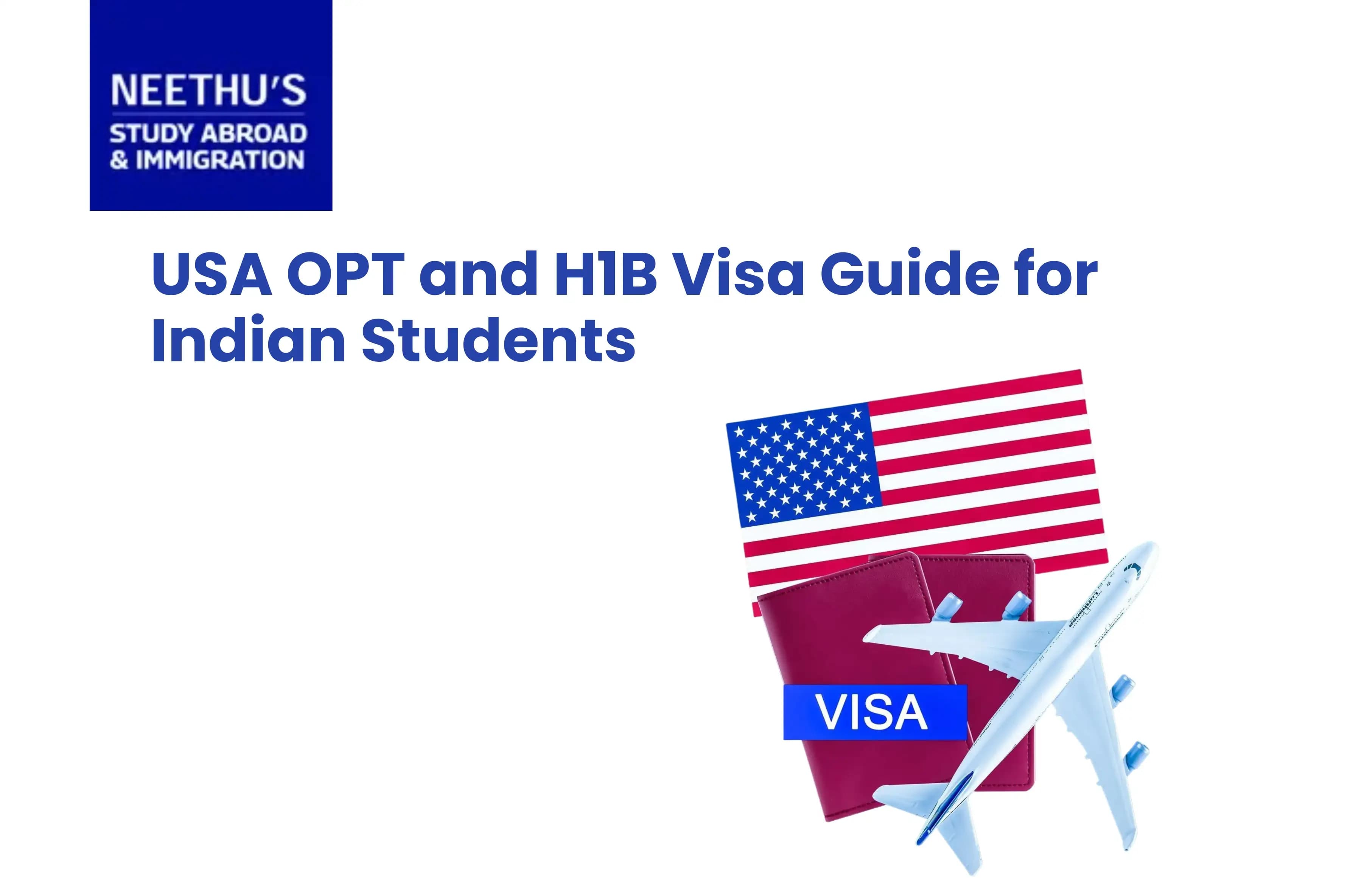
_26-09-2025_12-14-18%20PM.webp&w=3840&q=75)
_24-09-2025_04-44-26%20PM.webp&w=3840&q=75)
_23-09-2025_04-14-36%20PM.webp&w=3840&q=75)
_22-09-2025_04-08-09%20PM.webp&w=3840&q=75)
_20-09-2025_03-26-03%20PM.webp&w=3840&q=75)
_17-09-2025_04-06-42%20PM.webp&w=3840&q=75)
_15-09-2025_04-43-43%20PM.webp&w=3840&q=75)
_13-09-2025_12-17-49%20PM.webp&w=3840&q=75)
_12-09-2025_04-17-03%20PM.webp&w=3840&q=75)
_10-09-2025_03-59-59%20PM.webp&w=3840&q=75)
_09-09-2025_04-11-16%20PM.webp&w=3840&q=75)
_09-09-2025_03-53-52%20PM.webp&w=3840&q=75)
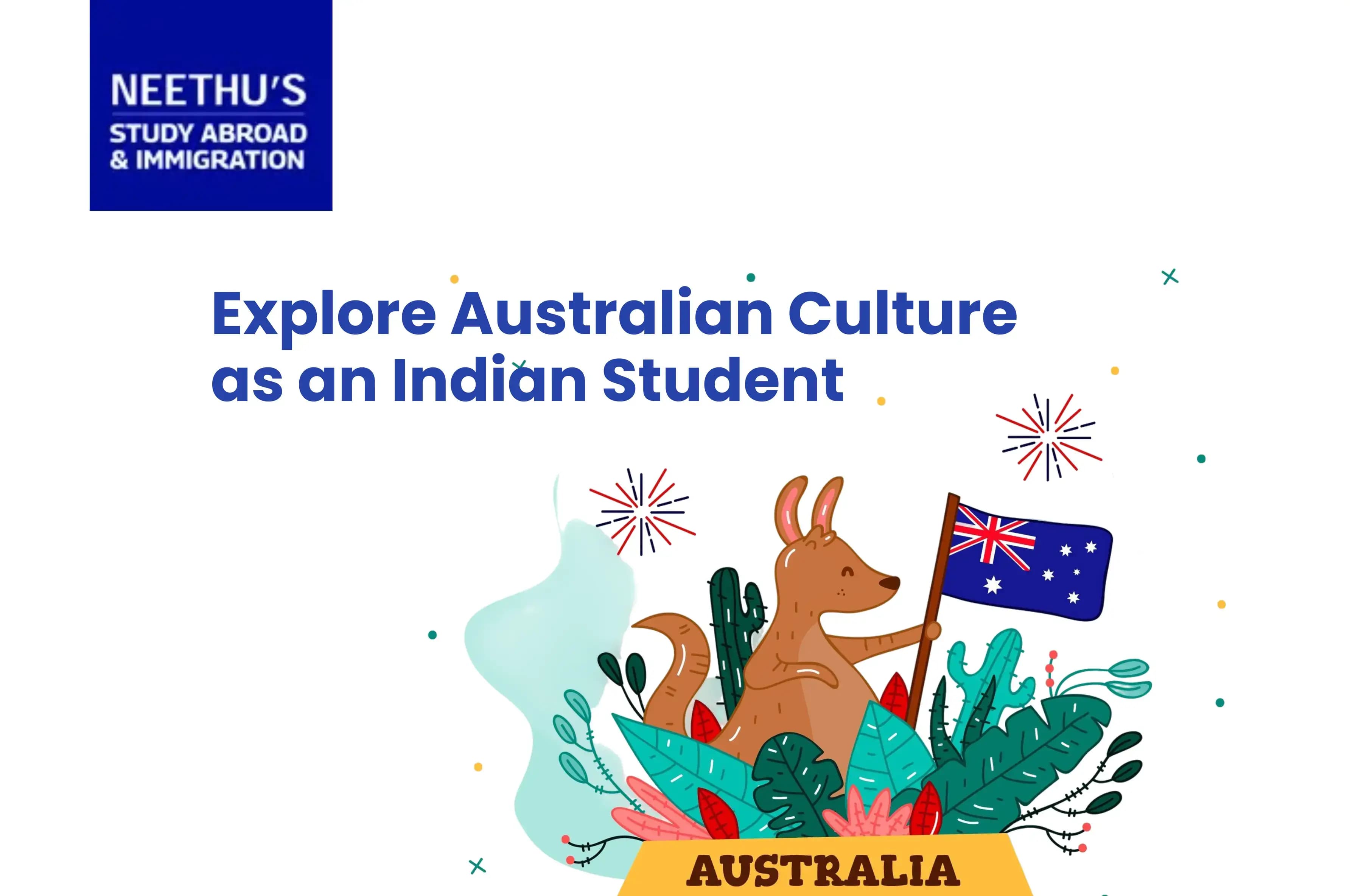

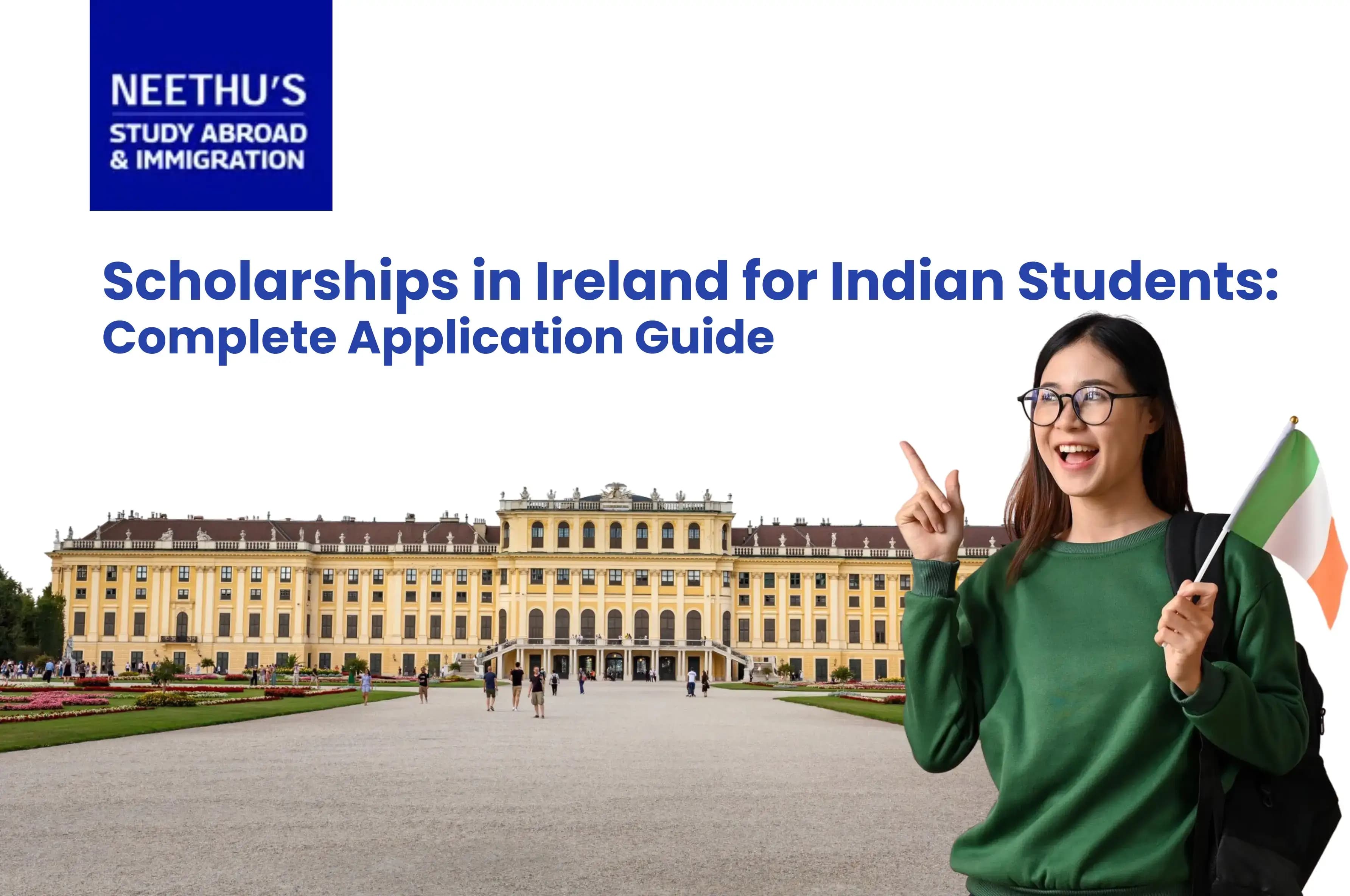


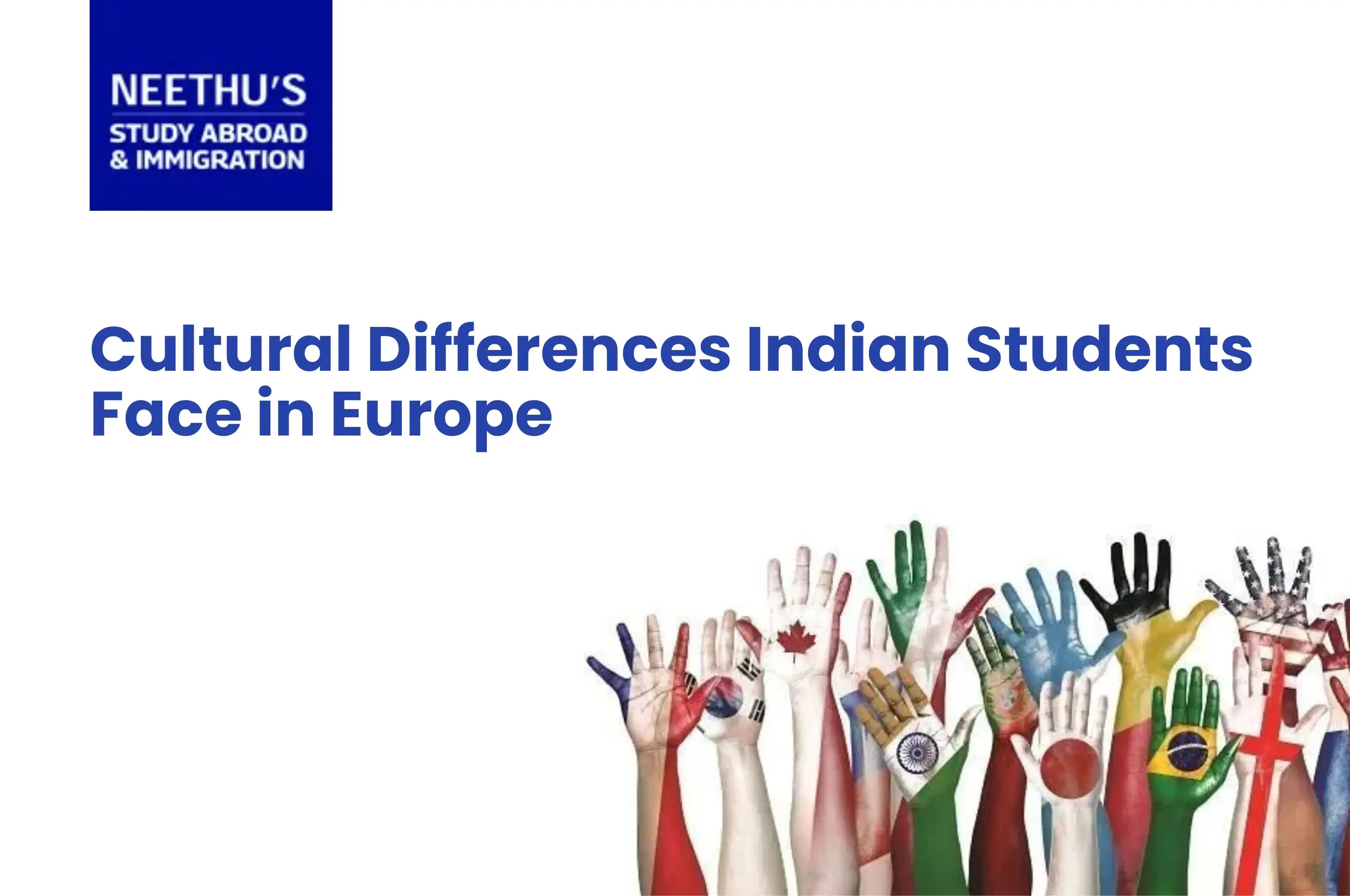




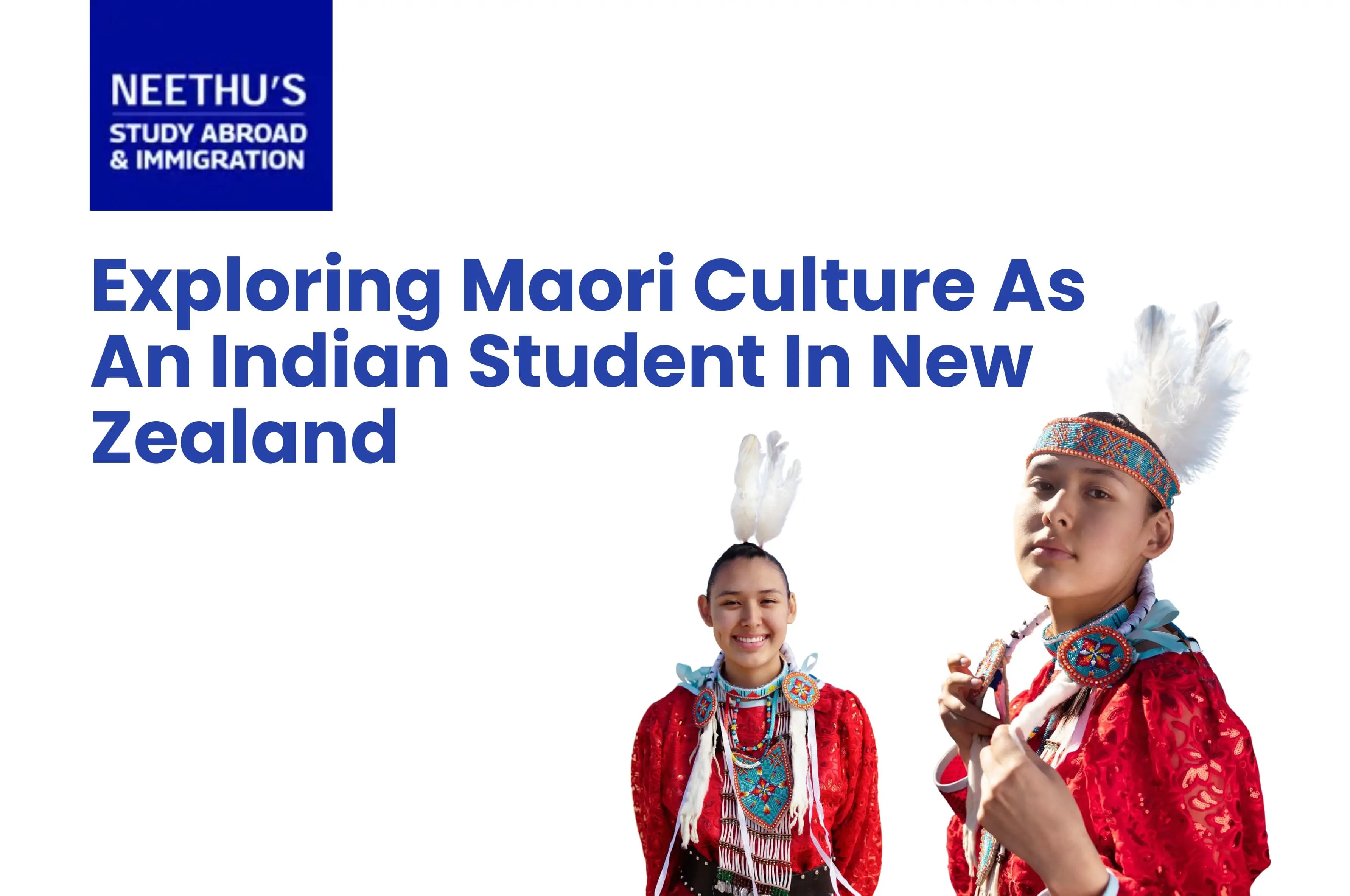
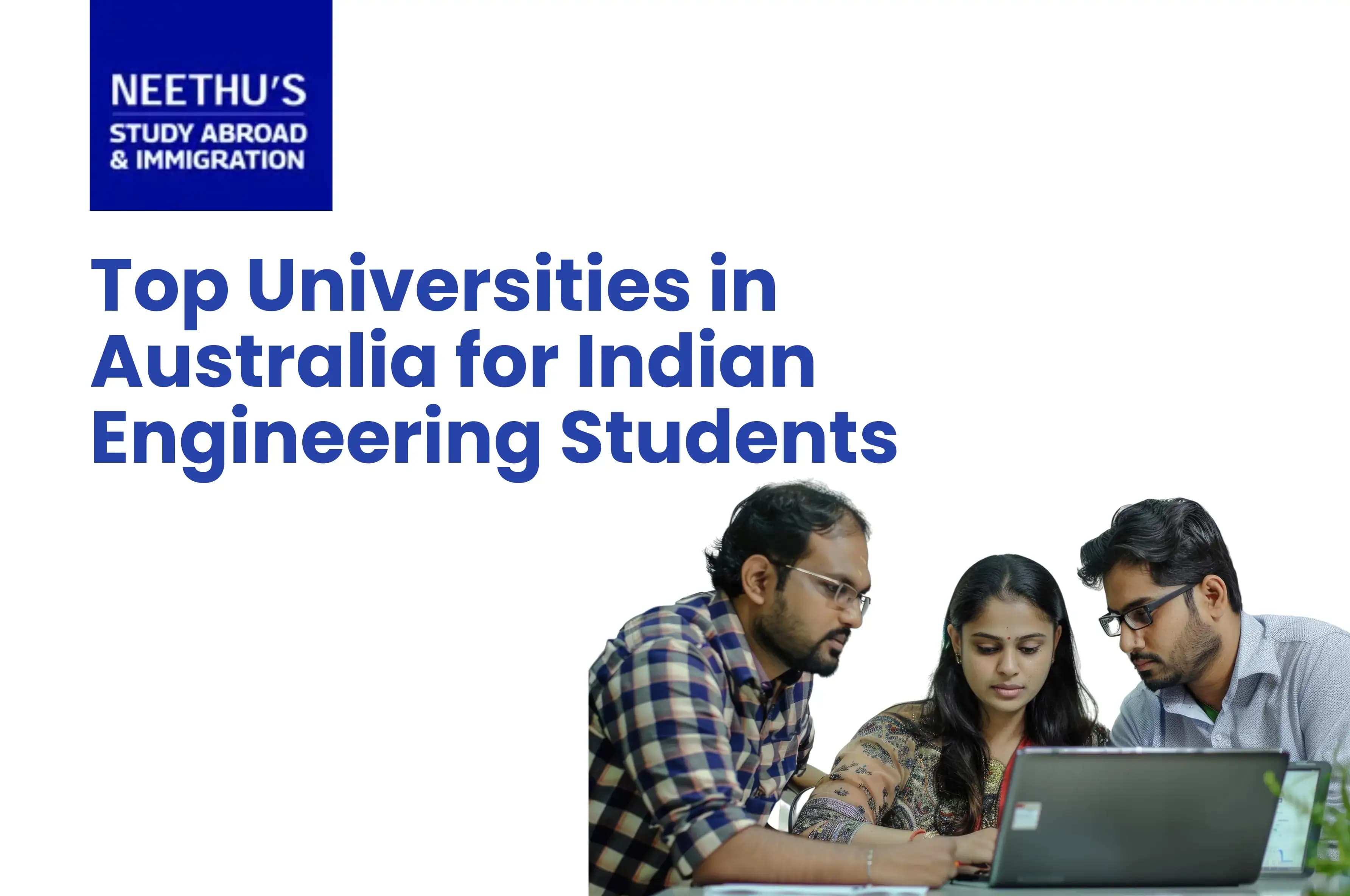




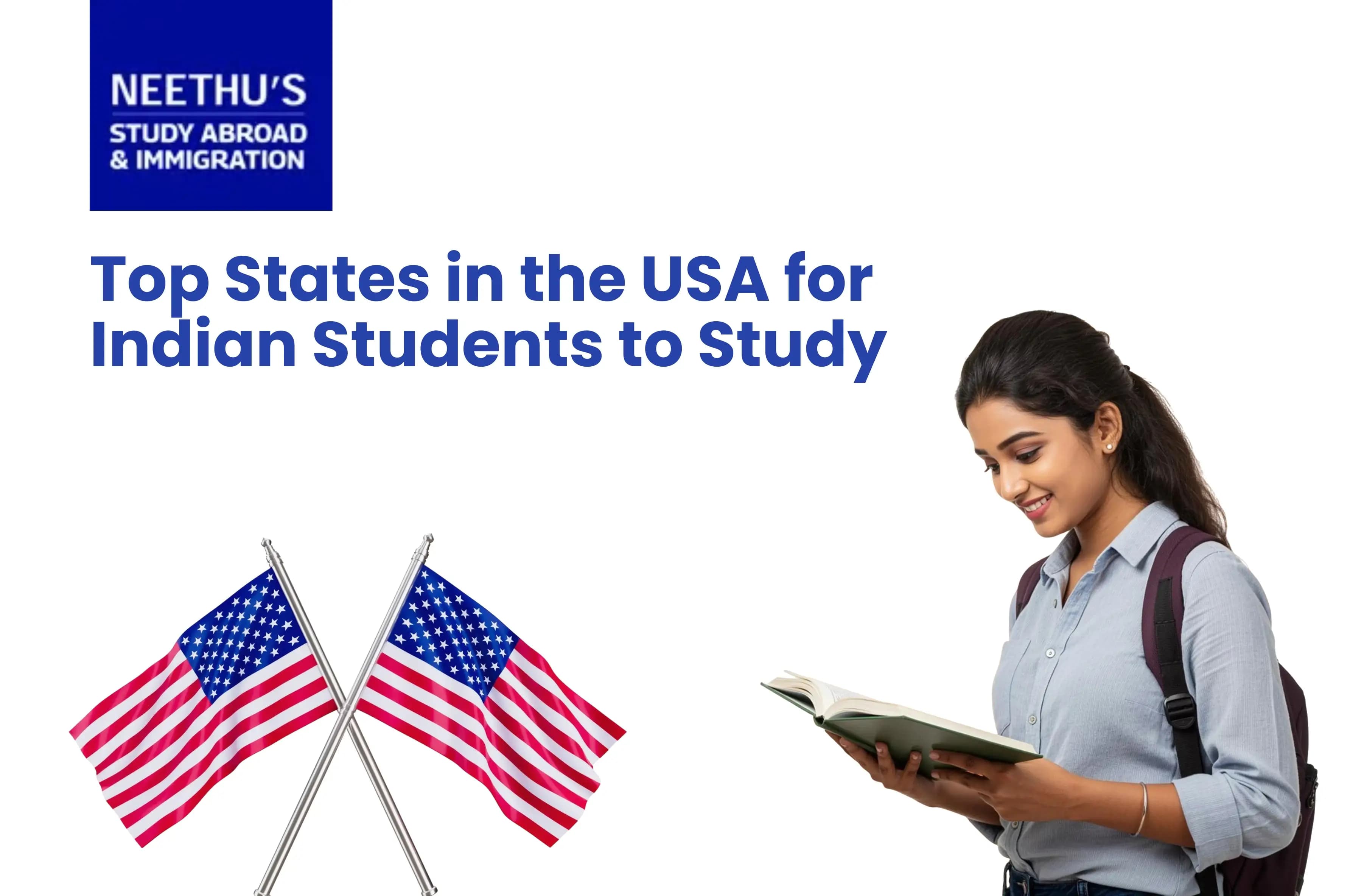
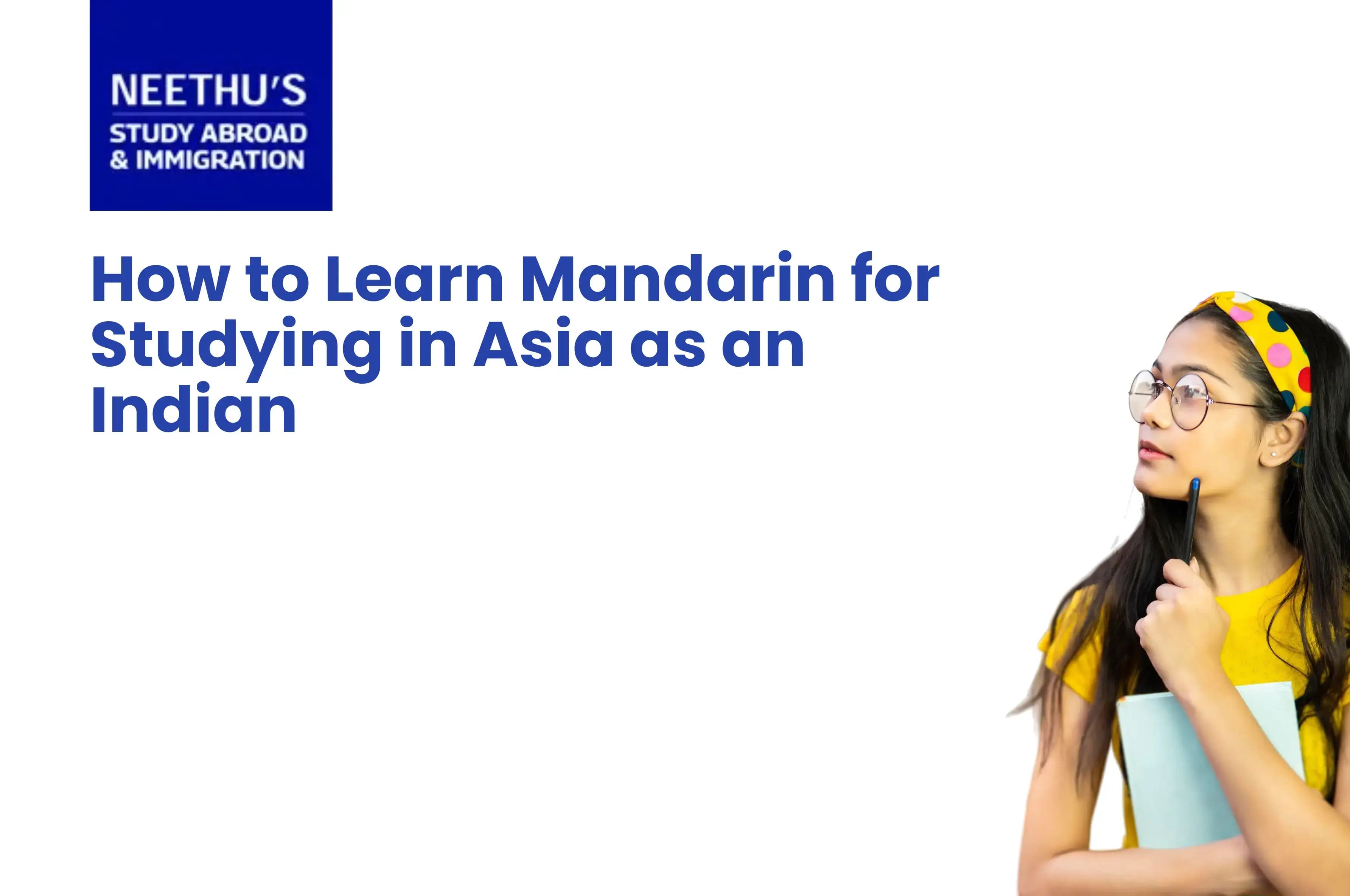
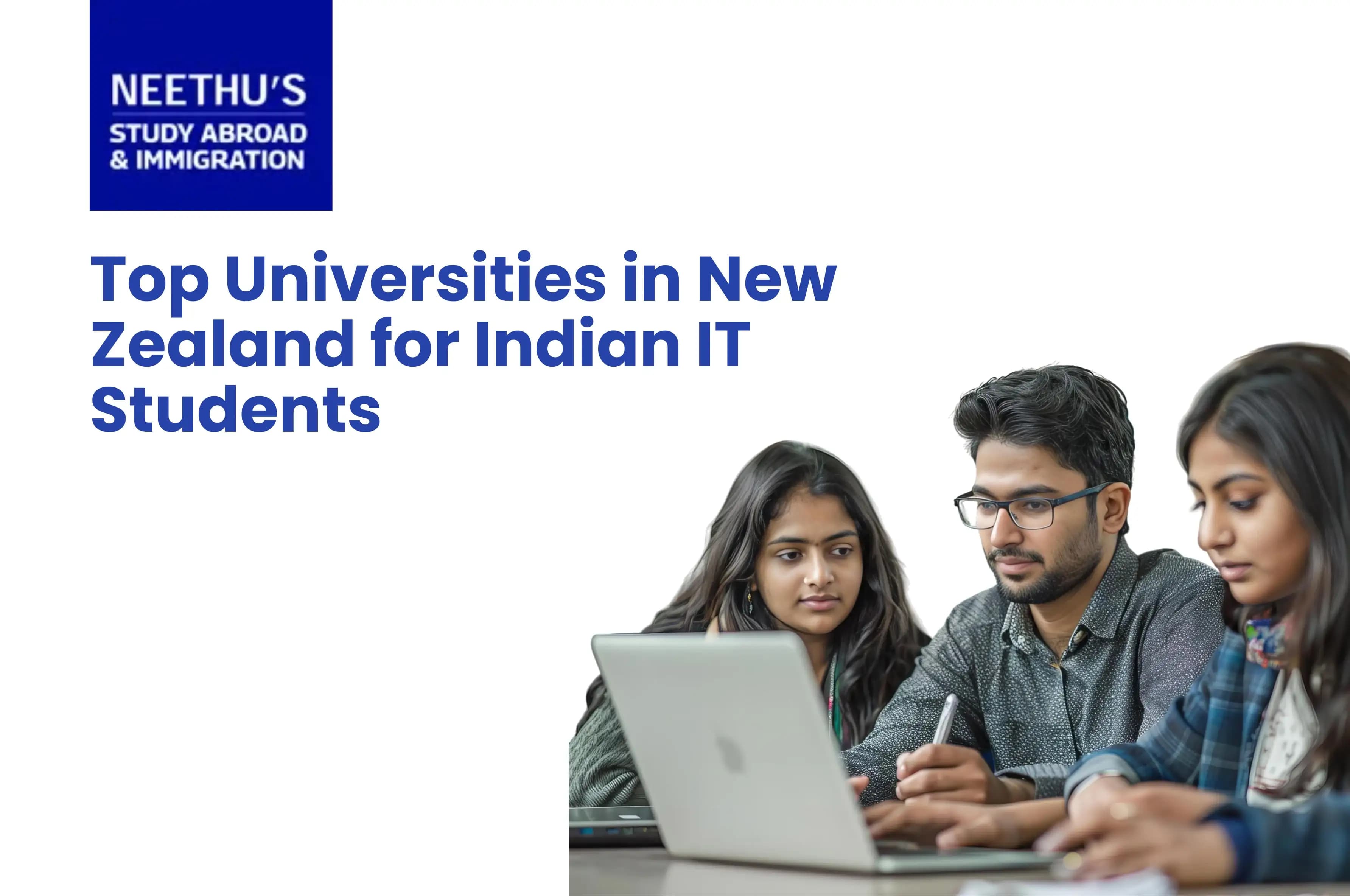








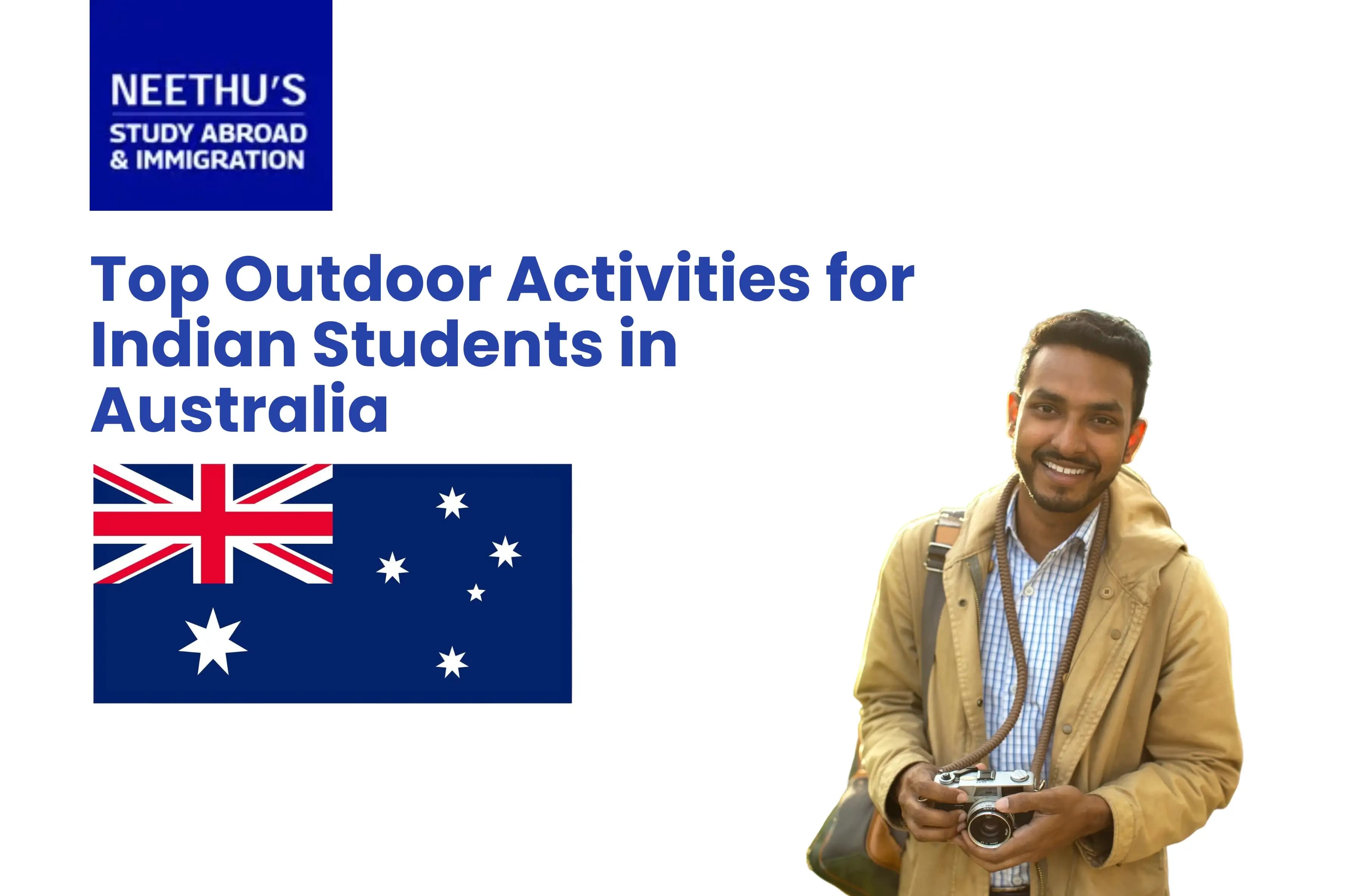

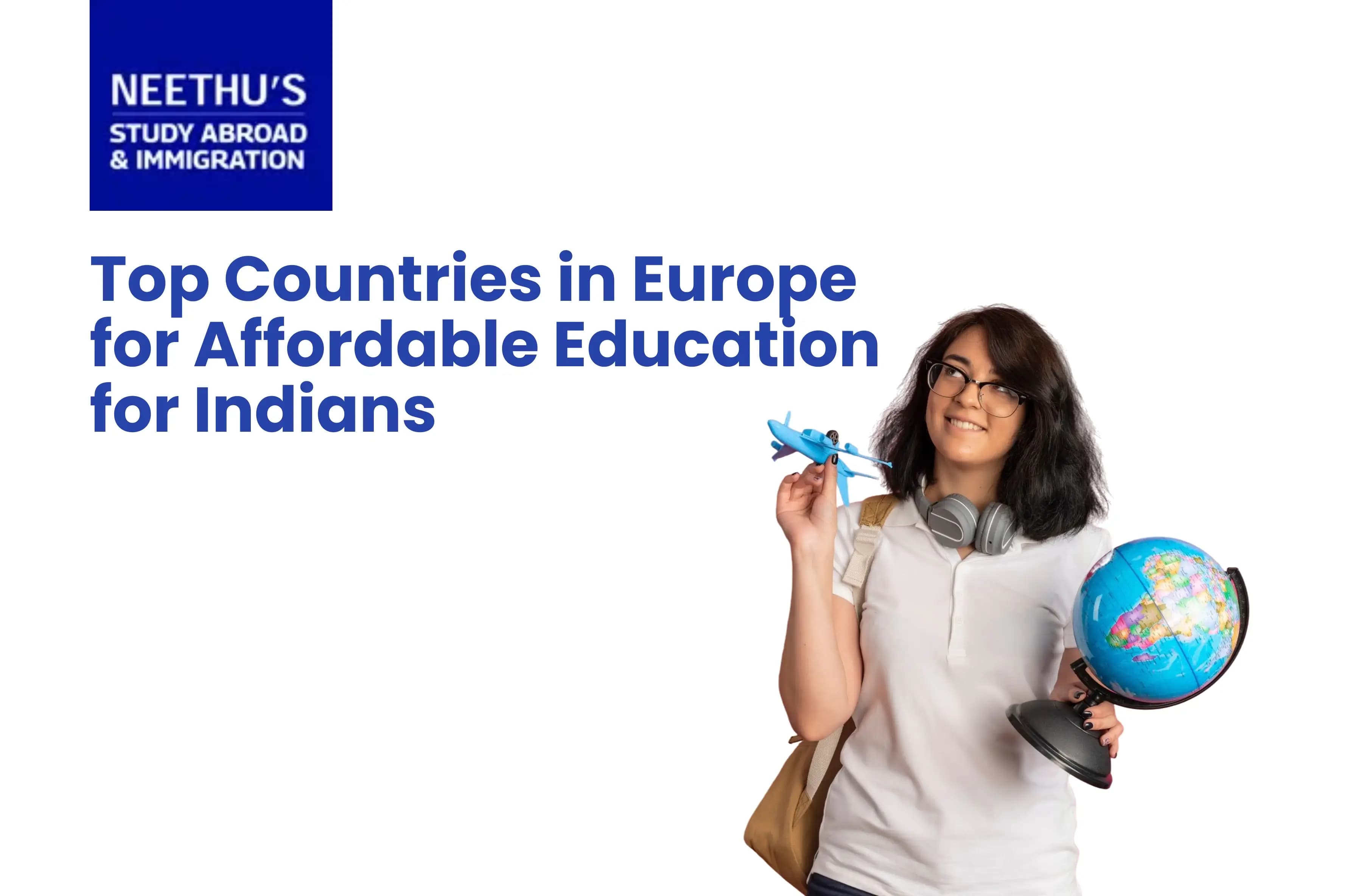

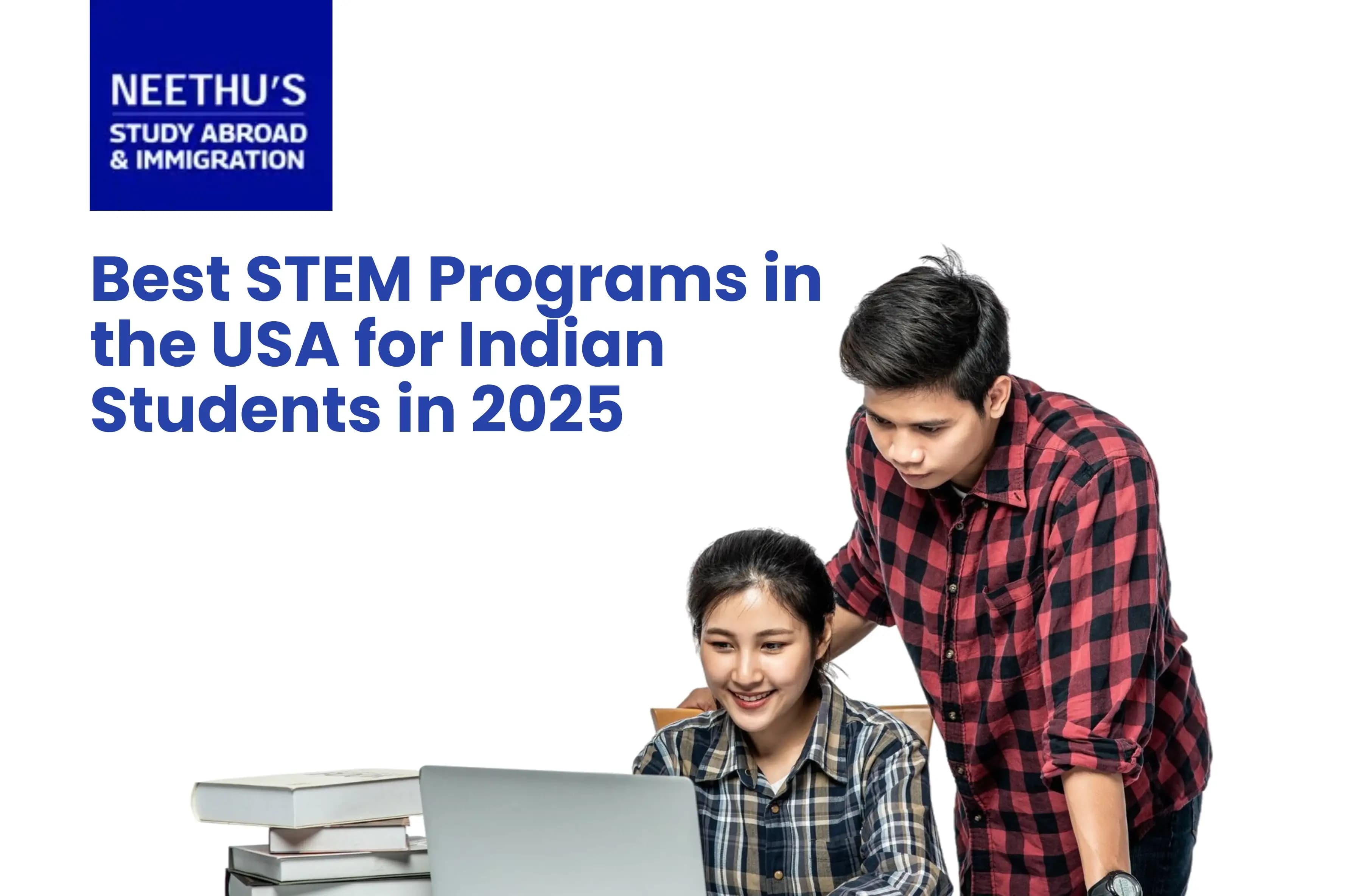
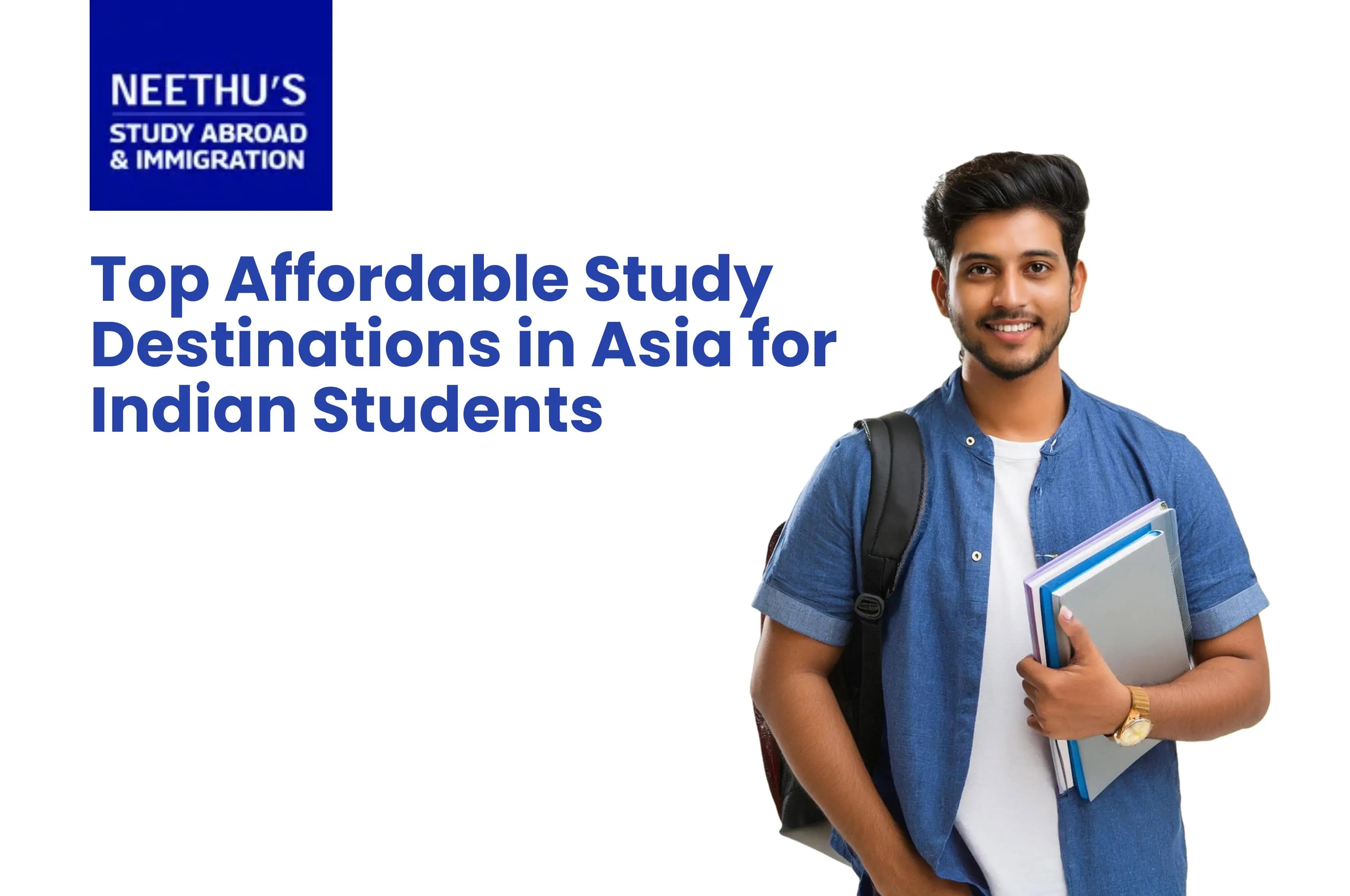









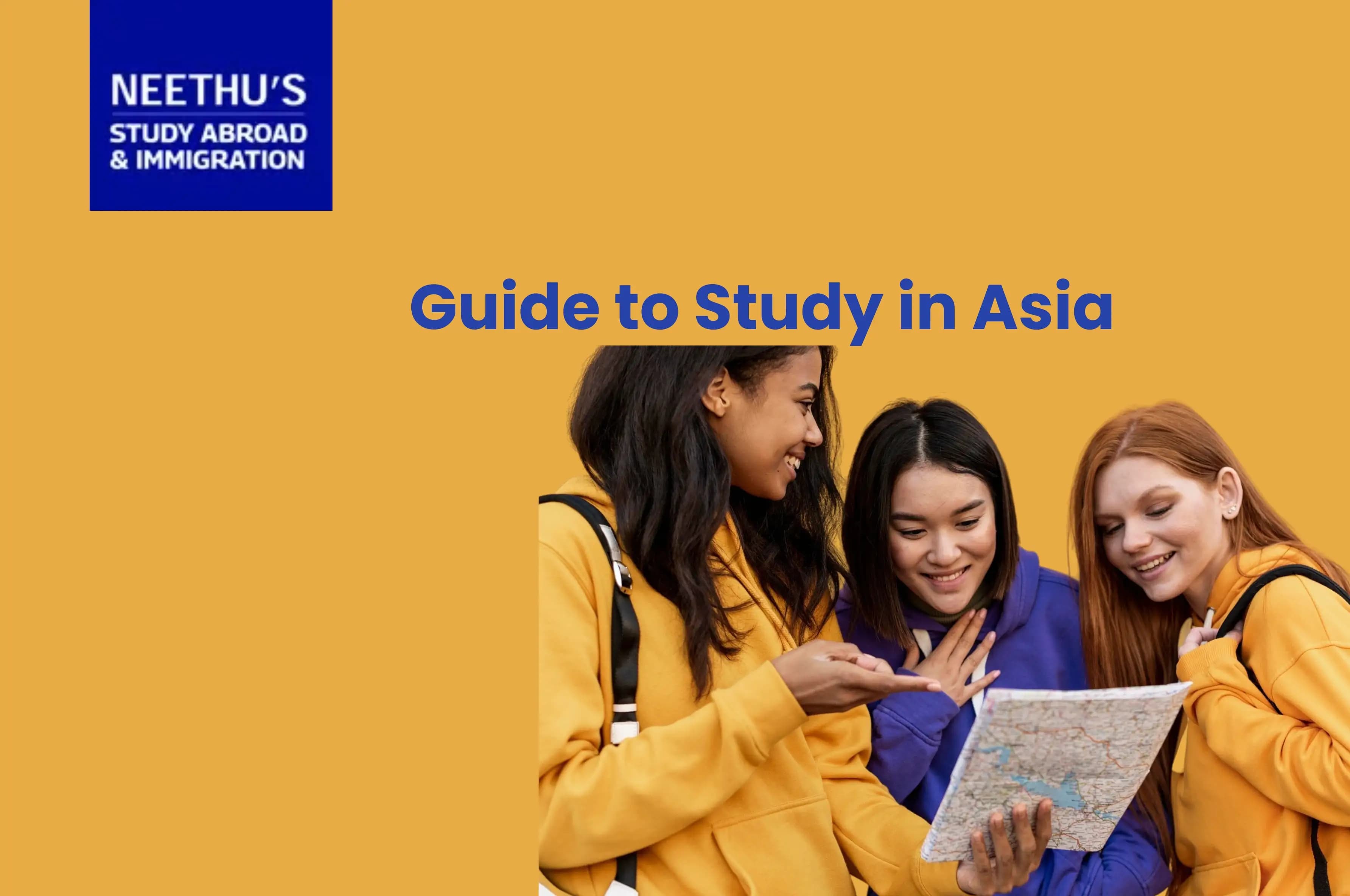



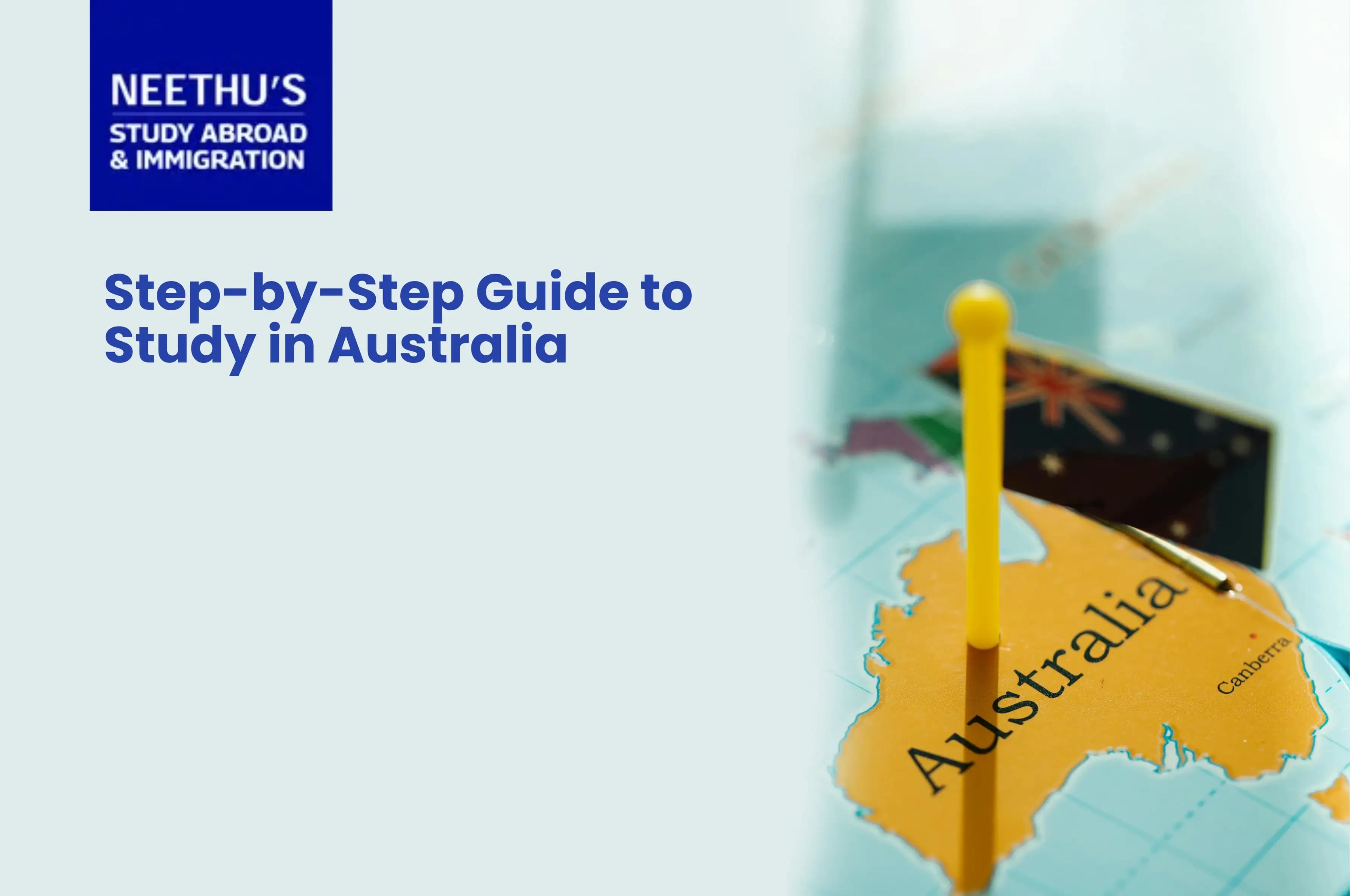





_12-06-2025_03-40-35%20PM.webp&w=3840&q=75)

